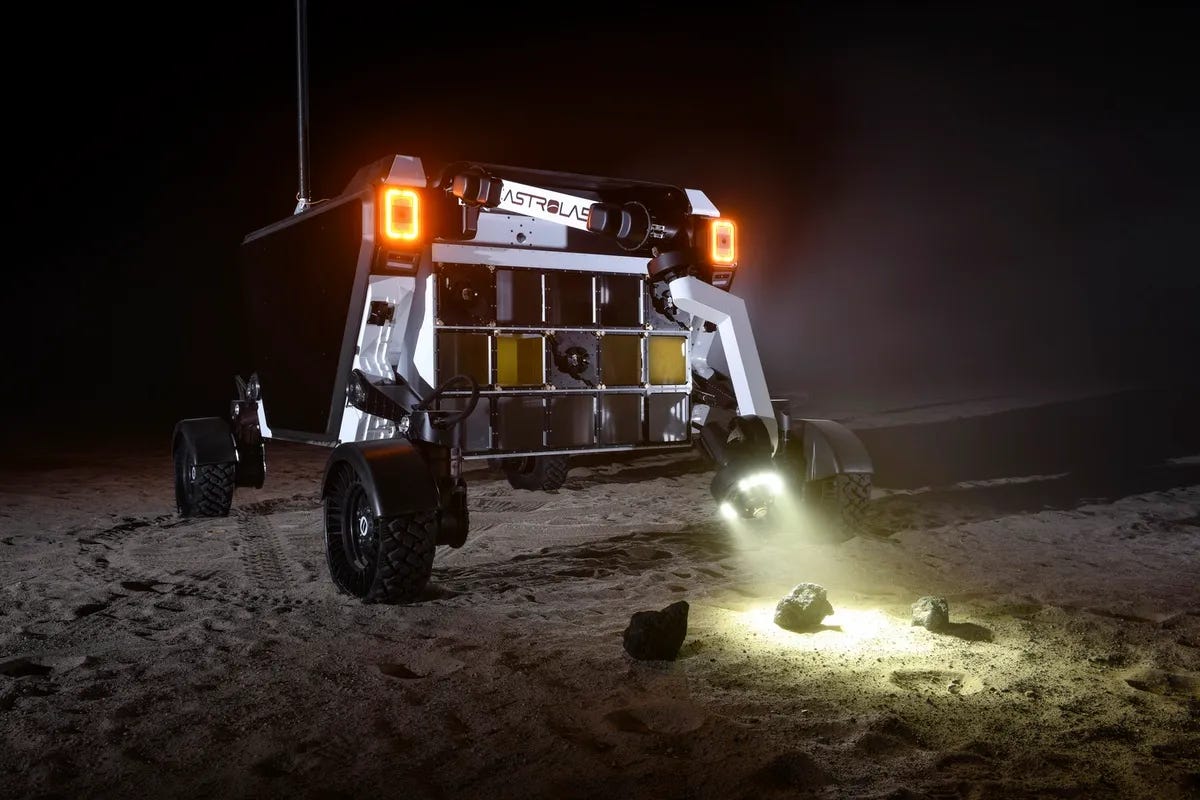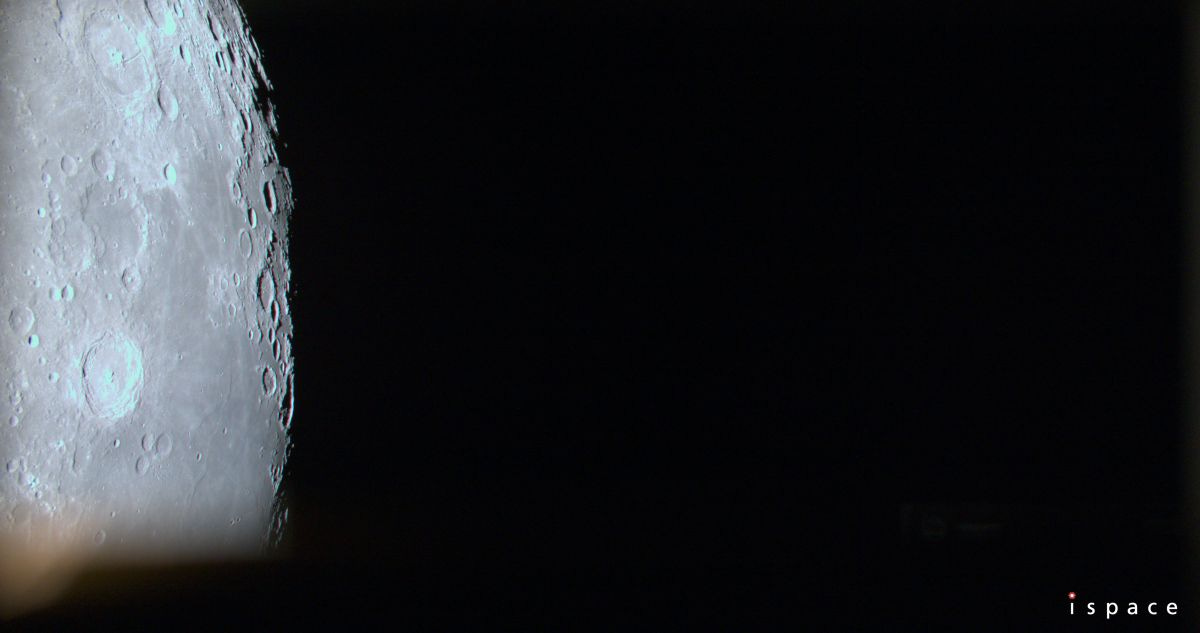Welcome to Moonshot!
Virgin Orbit's grim news, Lockheed Martin's lunar communications, lunar landers, and space pirates' bitcoin bounty
Hello Continuum readers and Celestial Citizens,
There’s just too much space news happening these days — so welcome to our inaugural Moonshot newsletter (coming out every other Monday)! Moonshot will give a bi-weekly rundown of all the private sector space news. Also, if you haven’t already, consider becoming a paid subscriber ($6/month) so you can read the full Moonshot post!
And here is the commercial space company beat…
After waiting two weeks for answers, Virgin Orbit employees finally got one Thursday, and it’s grim. Unable to secure funding, the company will cease operations for the foreseeable future, laying off all but 100 employees.
Bezos’ Blue Origin released findings from an investigation into New Shephard – in hopes of placing it back into action. Citing a “thermo-structural failure of the engine nozzle,” the company assured a redesign will protect the payloads in their next attempt.
Lockheed Martin just announced their launch of a new commercial company Crescent Space, which will establish seamless communication between Earth and the Moon. The LEO internet satellite constellations might be changing the game here on Earth, but a cislunar communications system is an integral step towards a functioning lunar economy. Here’s hoping we get a new Tom Hanks and Meg Ryan film about two distant lovers separated between Seattle and the far side of the moon.
Covered some weeks ago, a Japanese moon lander known as Hakuto-R may make history next month. If Hakuto-R successfully pulls off its lunar landing, it will be the first privately operated spacecraft to do so. The lander hyped its audience this week with a cheeky pic of the moon’s sunlit craters, captured as it slowly and steadily approaches the lunar surface.
California-based company ABL Space secures $60 million in funding, half of which will come from the Space Force and Air Force and the other half from private investors. The company’s technology will expand the ability to launch vehicles from areas with minimal infrastructure, hence creating greater launch flexibility and efficiency.
Munich-based company Isar Aerospace raised $165 million towards final development on their heavyweight champion known as the Spectrum rocket, which will have the ability to carry 1,000 kilograms into LEO. The rocket is set for an inaugural launch later this year from Norway, and has garnered several deals for Isar so far, including one with an American company, Spaceflight, Inc.

Astrolab, a company developing lunar rovers, has signed an agreement with SpaceX to transport its first rover to the moon on a future Starship flight, which could be scheduled for as early as 2026. Although optimized for the south polar region of the moon, Astrolab’s founder Jaret Matthews has stated that the rover is “less sensitive” to landing site location because their FLEX rover “can traverse up to a couple thousand kilometers in a given year.”
Keep reading with a 7-day free trial
Subscribe to Celestial Citizen to keep reading this post and get 7 days of free access to the full post archives.



